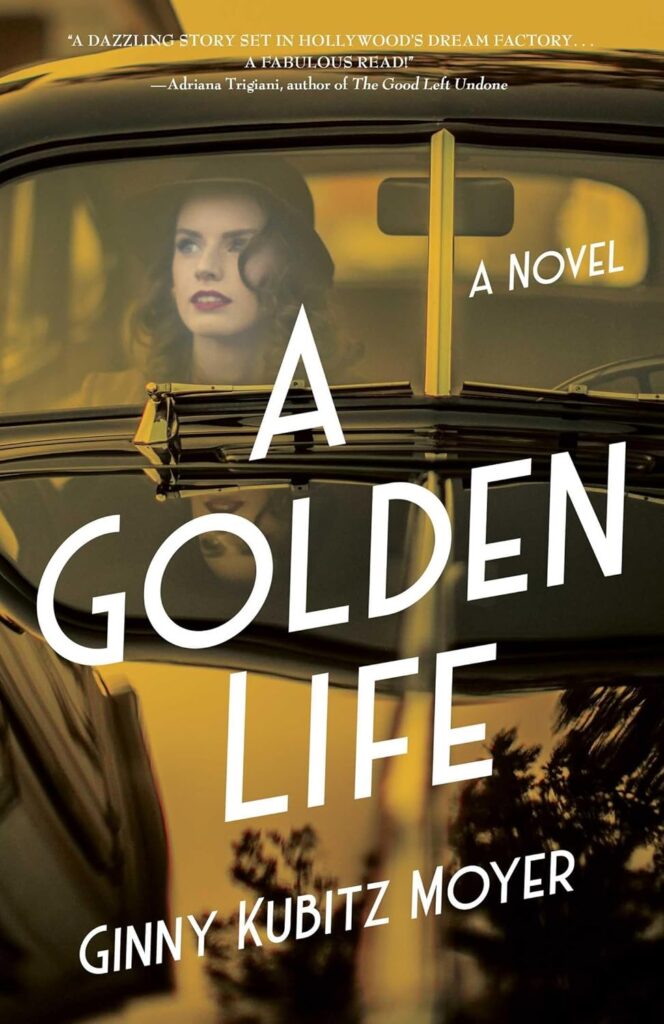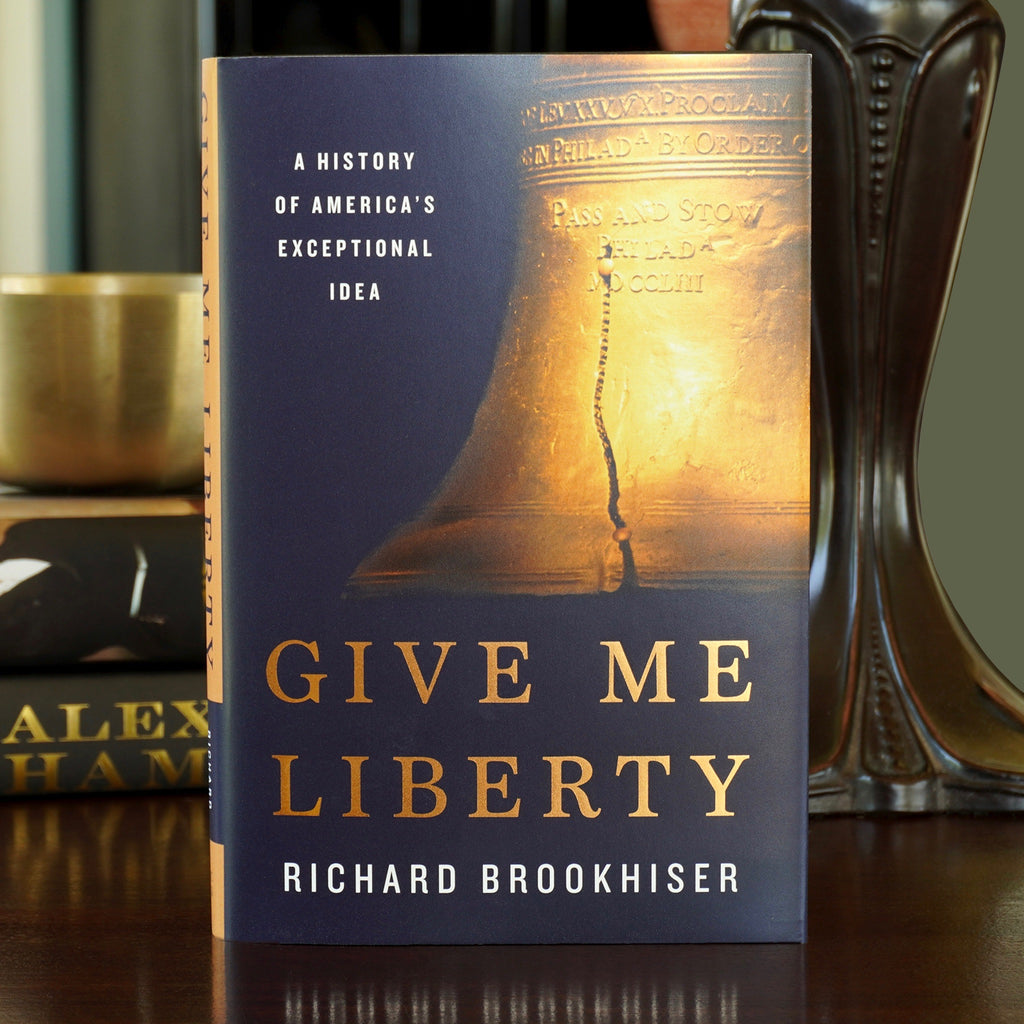Voting The stakes are high this election. People can do various things to help.
The most basic thing you can do is to vote. It is a civic responsibility. I am inclined to agree that it should be a civic duty. Try it. It won't bite.
New York has had early voting for the last five years. It was a bit of a trudge at first to walk to the early voting location. Now, it is only a few blocks away. It is near Rite Aid where I received my free shots.
Voters can also vote by mail. We do not have "drop boxes." The usual suspects challenged the ability of all voters to vote by mail. Republicans used to favor absentee voting. It was upheld in court.
Voting ID
New York does not require identification. You sign a little laptop "e-poll book." New York voters do receive a card that eases processing since it has a helpful bar code. You get a pen with a rubber tip to sign in.
Voting identification addresses a fake problem (Rick Hasen and others did the math) of voting fraud. A minimum burden, and it would be for some people, is a poor cost/benefit in that respect.
A voting identification system can provide minimum problems. If the government does a good job, it can also provide helpful free identification. New York City, for instance, has a free ID with many perks.
A sensible regime would provide a grace period (maybe 1-2 election cycles) and safeguards. For instance, Texas provides free election certificates upon request if you do not have various types of photo identification. Voters can have provisional ballots as an additional safeguard.
I can contemplate an agreeable compromise though understand why people (1) don't think it worthwhile and (2) distrust the people who want ID laws. The distrust is well-earned. But, a middle path is possible and can have its own benefits.
Ballot Measures
I have already talked about the New York ballot measures. There is a statewide measure that expands equality. To repeat:
This proposal would protect against unequal treatment based on ethnicity, national origin, age, disability, and sex, including sexual orientation, gender identity and pregnancy. It also protects against unequal treatment based on reproductive healthcare and autonomy.
Multiple states specifically have ballot measures addressing abortion rights. This measure is more open-ended. I am fine with that -- our rights are open-ended. Abortion rights fit into a wider whole. Maybe, it would be best not to have the other equality provisions all at once. But, overall, it's okay.
There are also city ballot measures. One involves sanitation issues and others address some technical matters. The city measures have baggage as restraints on the city council in a battle over control with the mayor.
The first measure is a valid way for the public to express their will. The rest are of varying levels confusing and unnecessary. I agree direct democracy has its place. Sometimes, it is taken too far.
Voting
After a voter signs in, they obtain a ballot, along with their pen and sticker (or two, if you got a "future voter" sticker). At the early voting site, there was a guide for the ballot measures, but you had to give it back. They go to a small "privacy booth" (little table) and fill out the ballot.
Then, they walk it up to the scanner and feed it in. There are no receipts. If they make a mistake on the ballot, they have two more shots.
Early voting (nine days), voting by mail, and many ballot locations help lead to a quick process. You might have to wait a few minutes. But, that is basically all. It might be longer at some locations but generally long lines and such is not our problem.
[ETA: Early voting has been busy in various locations, which has led to some wait time.
But, it also still is not comparable to the specter of hours-long lines that arise in certain cases over the years elsewhere.]
We also have a ballot market machine with multiple means for disabled people to vote. It is rarely used at my location though in one year the operator encouraged more people to use it. You do not have to be disabled and it helps to prevent mistakes.
(The voter still has to check in at the e-poll book but can use an assistant if necessary.)
Main Attraction
The president, vice president, and members of Congress are the main attractions. Sen. Kirstin Gillibrand is running for re-election in New York.
We don't have any additional presidential slots though you can vote Working Family (Harris) or Conservative (Trump). There are official write-ins, including Jill Stein and Cornell West. These are candidates for president on the ballot who will be counted. Other races do not have this rule. A curious quirk.
New York City has instant run-off voting in the primaries. District attorneys are state offices so they are not part of that. Instant run-off voting is also not used for general or federal elections.
It would make sense to do so, including for federal elections, because sometimes third parties lead to the other two having less than 50% of the vote. This sometimes leads to unnecessary run-off elections.
New York this year also votes for state senators and assembly members. There are third-party options for certain races, including a LaRouche slot.
Election Day
Is it Election Day yet? The waiting is stressful.
No. It's only early voting.
The Media
The ultimate fear is that Trump will win. The media is helping him. Check out your local paper online.
I was pissed off checking the New York Times. Where are all the articles underlining how horrible Trump is? You would not know anything special is going on.
Various articles about Trump help. But, the level of horrible warrants a whole lot more.
There is also the failure of major newspapers to endorse someone. I have seen people handwave that as not mattering much. It still is somewhat troubling.
The minimum should be for newspapers to provide information about the candidates and ballot measures. There are some helpful online resources to provide local and state news for New York, including this helpful discussion of judicial elections.
I find judicial elections troublesome with our (NY) particular variety basically a big joke. The candidates are pre-chosen and in most cases, the number of people you choose for slots is the same as the number available. I fill in a name for at least one of them.
Endorsements
My views are apparent. Trump is a grave threat to our country. He is overall unfit for the office. He is constitutionally disqualified by taking part in an insurrection. Trump v. Anderson be damned.
Republicans aided and abetted him. Swing districts in 2022 helped them obtain a thin majority in the House of Representatives. New York districts played a major role. Hopefully, they help to swing things the other way. Gillibrand is a fine Democrat.
I cited my opinions on the ballot measures. I do not have much to say about the state races. My state senator has good progressive positions.
The assemblyman is newer to the office and seems more bland. For whatever reason, he is not on the Working Family line. Don't know if that means much. I grant I do not pay much attention to him.
(The two people are Sen. Gustavo Rivera and Assemblyman John Zaccaro Jr. I probably should pay somewhat more attention to them. But, I think the thumbnail comments are overall satisfactory.)
The judicial races are a joke. We should not have them under the current system. Seven more ovals to fill in for no real reason is just tedious.
Happy voting!









